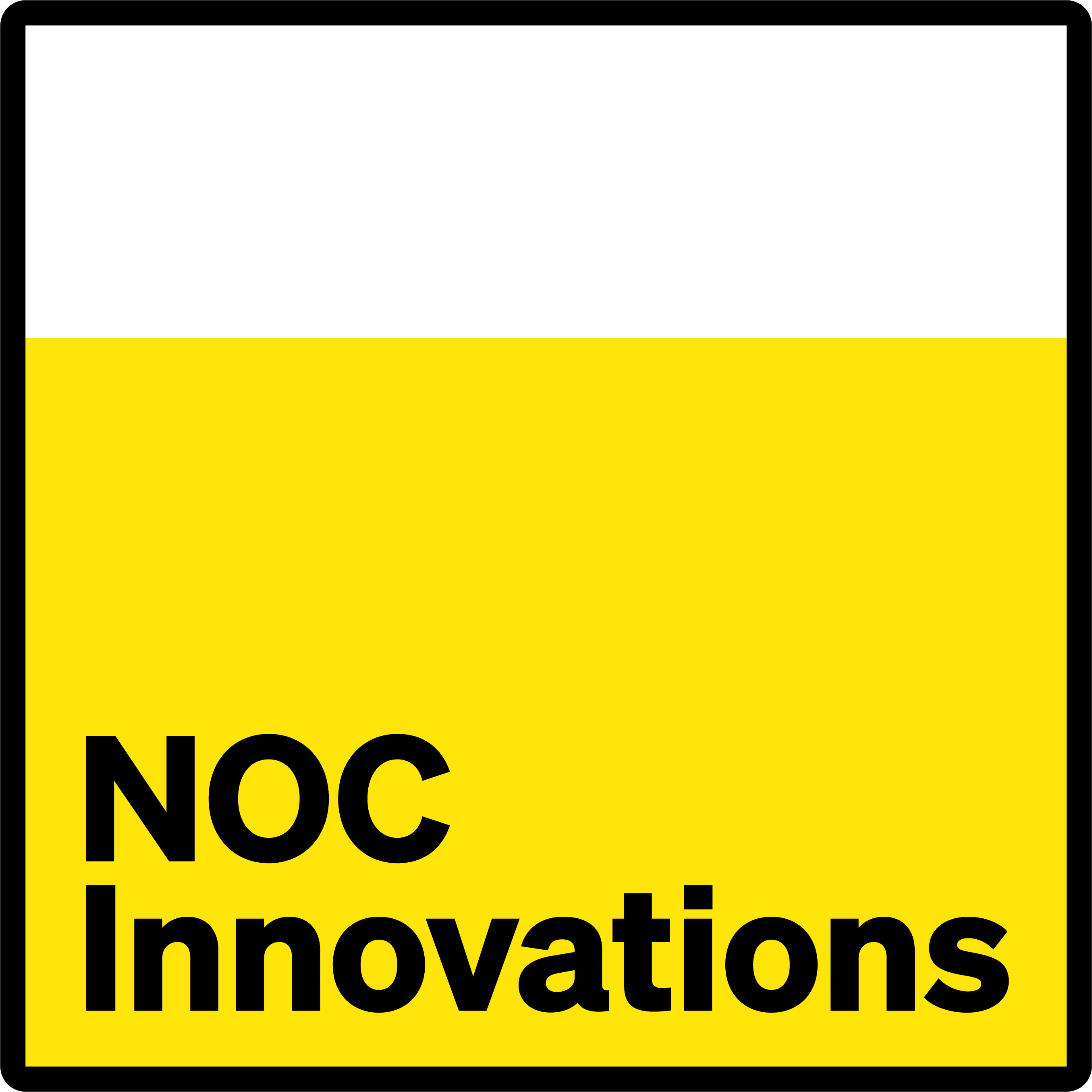Research Programme: Net Zero Operations
Project Lead: Professor John McCall
Supported By: Professor Jinchang Ren, Dr Ciprian Zavoianu & Dr Junayed Hasan
Funder: Net Zero Technology Centre
Project Status: Complete
Overview
The National Subsea Centre (NSC) conducted a landscaping study in Offshore Low Touch Energy Robotics (OLTER), funded by the Net Zero Technology Centre (NZTC). The NSC team engaged with industry stakeholders to review the concept of a digital hub to support the deployment of Robotics and Autonomous Systems (RAS) in North Sea operational scenarios. The output of the study was a blueprint for an OLTER Digital Hub Minimum Viable Product (MVP) along with a development plan based around a subsea pipeline inspection and maintenance case study.
Motivation
The OLTER vision is for a digital hub that accelerates the use of RAS in the North Sea energy industry. The digital hub concept is of a managed technical platform, combining cross-industry datasets and digital twins, through which the industry can enable pooled access to data, collaboratively develop data standards and protocols, add value to RAS operations management, and accelerate the digital tool supply chain, including the use of AI in managing complex offshore operations. The major benefits are the acceleration and de-risking of RAS deployment, unlocking large cross-industry remote working and automation prizes.
Real-World Impact
The OLTER Landscaping Study is a thought-leadership piece from the NSC that has informed the strategy of the Net Zero Technology Centre in pursuing goals of the OLTER project. The OLTER-MVP blueprint details how a digital hub can be developed to support subsea pipeline inspection and maintenance in the Central North Sea. A curated subsea inspection data repository with image analytics would support inspection by enhancing accuracy of fault detection and reduce time and cost by semi-automating the inspection process. An operational digital twin of maintenance operations supported by geospatial visualisation and AI planning algorithms would enable cross-industry maintenance campaigns, reducing operating expenses while maintaining or enhancing infrastructure safety and reliability. The study was presented to stakeholders at an OLTER Workshop, disseminating the concept to the offshore maintenance industry. NZTC launched a tender for the digital hub based on the blueprint and continues to develop this technology.








